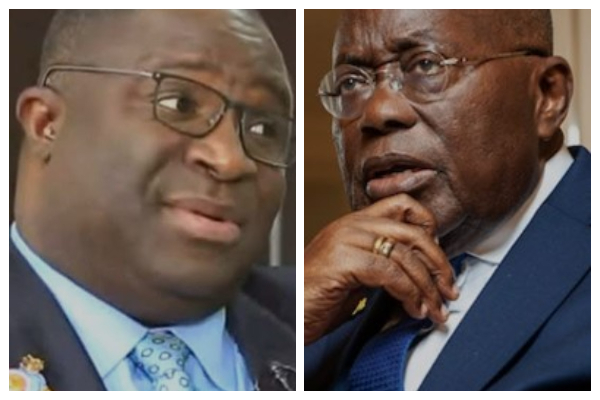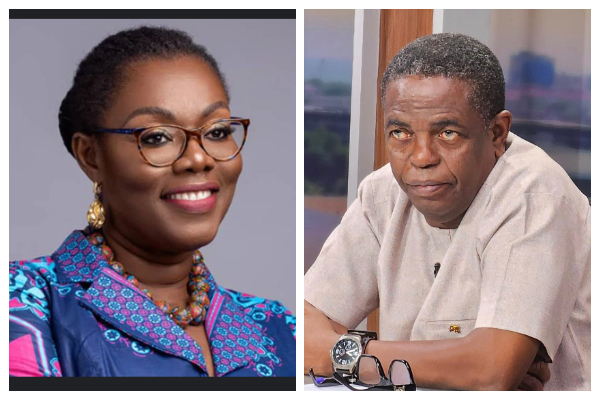Over-reliance on foreign languages could lead to 'loss of cultural identity' - Tepahene
Nana Adusei Atwenewa Ampem I, Omanhene of Tepa in the Ashanti Region
The Omanhene of Tepa in the Ashanti Region, Nana Adusei Atwenewa Ampem I, has contributed to the ongoing dialogues on efforts to preserve the country's cultures and identities through the promotion of indigenous languages.
The debate on endangered indigenous languages came up strongly in a JoyNews report in 2022, which highlighted the Apowa Youth Choir from Western Region, promoting choral music composed in the Ahanta language; one of the Ghanaian local languages considered to be on the brink of extinction.
In a more recent development, the Minister of Tourism, Culture and Creative Arts, Abla Dzifa Gomashie, in February 2025, appealed to the educational sector to safeguard local dialects, which, in her estimation, convey collective histories, traditions and cultural values.
Contributing to the discourse in an exclusive interview with GhanaWeb on May 5, 2025, which marked African World Heritage Day, Nana Adusei Atwenewa Ampem I, said that the call for targeted effort to ensure young people speak their first language with proficiency is apt.
He, however, indicated that the issue is dicey, given that foreign languages also equip younger generations with the requisite skills to compete in the global space.
He resultantly emphasised the need to strike a balance between ensuring upcoming generations speak their mother tongues, while ensuring that they are proficient in internationally-accepted languages at the same time.
Responding to the debate on some local languages going extinct, he argued that over-reliance on an international language has both positive and negative implications, hence it makes the subject a complex issue.
In his estimation, if foreign languages are properly harnessed, they could prepare younger generation to compete effectively on the global stage.
“This growing trend is a complex issue with both positive and negative implications. The positive aspect stems from the fact that it enhances proficiency, which in turn improves global communication, career opportunities and access to information,” he said.
He, consequently, called for a strategy to balance proficiency of both first languages and international languages.
“The trend of prioritising foreign languages over local languages can also lead to cultural erosion, language shift and loss of cultural identity,” he added.
He strongly advocated for the promotion of bilingual education programs to create a perfect blend in the use of both indigenous and foreign languages in schools and in formal interactions.
He particularly appealed to teachers and guardians to urge children to indulge in cultural activities that introduce and imbibe cultural values in them.
“Engage children in cultural activities that promote their mother tongue and cultural heritage. Support initiatives that preserve and promote local languages and cultures as a measure for language preservation,” the Tepahene said.
On another score, he listed the immense benefits of promoting culture, stating that cultural values foster community cohesion, social capital, and collective actions, which are crucial to development.
“Cultural practices and traditions can help communities cope with challenges and adversity, and promote resilience,” he added.
He clarified that cultural diversity can inspire innovation, creativity, and problem-solving initiatives, and hence, stakeholders must be guided to train the younger generation to be conscious of the myriad benefits of cultural heritage.
VPO/AE
Meanwhile, watch GhanaWeb's tour of Odweanoma Paragliding Field below:












